
Difficult conversations are a natural part of everyday life. We all have times in our lives where we need to be able to communicate how we feel about something, even if the other person’s views are different to ours. Everybody deserves to feel seen and heard — but in the heat of the moment, things do sometimes spiral out of control!
In these situations, it's especially important to slow down, take a breath, and proceed with mindful, effective communication techniques. To help you put these techniques into practice, I've created a special Tarot spread for effective communication, which I’ve included below.
But first, let's look at the principles and techniques of effective communication.
Techniques for effective communication
Step 1: Name the Emotion
The first step to effectively communicating how we feel is a step back to reflect and name the emotion, or emotions, that we're currently feeling. It's surprising how often we engage in conversations that result in arguments simply because we’re unable to articulate how we're actually feeling — even to ourselves! Take a breath, and ask yourself — “What emotion am I experiencing right now?”
Step 2: Feel the Emotion in your body
Once you’ve named the emotion — sadness, frustration, confusion, anger — search for where it presents in your body. Do your shoulders feel tight? Is there a sinking feeling in the pit of your stomach? Perhaps your palms are sweaty, or you notice your throat feels tight.
By mindfully naming and feeling the physical sensations of our emotions, we bring our attention back to the present moment. This helps us to remain mindful (masters of our emotions!) and grounded when communicating with others.
Step 3: Describe Your Feelings Out Loud
The next step is to explain how you're feeling to the other person. You could even relate the feeling back to a memory of a time when you experienced something similar. This can give additional context to how you’re feeling and help the other person to understand where you're coming from.
Try to focus more on “I am” and “I feel” statements, rather than on statements that start with “You…” For example: “I'm feeling upset, and as though I'm not being heard. It's hard for me, because it reminds me of how my ex-partner used to make me feel when I was trying to discuss an issue with them.” Focus on how you are feeling, rather than on how the other person is “making” you feel.
Step 4: Honor the Other Person's Emotions
You have every right to your feelings and deserve to have those feelings honored — and so does the other person with whom you're having a difficult conversation. Hold space for them to communicate how they’re feeling, too — even if you don’t understand at first. There are no “wrong” feelings.
Wish You Had A Tarot Card Meaning Cheat Sheet?
Get Your FREE Tarot Card
Meanings Reference Guide
And Avoid Getting Stuck When Trying To Remember The Card Meanings

One way to improve your listening mindset is to ask open-ended questions such as, “Can you tell me more about that?” or “Why do you think you are feeling this way?” It can also be helpful to paraphrase and give the other person a chance to check in on what you've been hearing them say.
You could say something like, “What I'm hearing is that what I said upset you and made you feel as though your opinion was invalid. Is that right?” or “I can understand why this subject feels so upsetting for you.”
Step 5: Repair the relationship
The last piece of the puzzle is to repair the conflict (remember — it always takes two to tango) and mutually agree on a path forward. This is the time for each person to clearly state their boundaries and what they will do to avoid a similar conflict arising in the future.
Tarot can help us explore the principles of effective communication in a beautifully integrated way. This is why I created the brand-new Effective Communication Tarot Spread. It has card positions which reflect each of the five stages of effective communication and conflict resolution.
*
There are many reasons we might have difficulty communicating with our families, friends, partners, colleagues, or wider communities. But don’t forget, friend — your emotions and opinions are valid. You have the right to experience your feelings (and so does everyone else). It’s important that we all learn techniques for communicating our feelings effectively — and from the heart.
You can be the change you want to see in the world and lead by example when it comes to having tough conversations with grace and understanding. Tarot can be a guiding light for you as you begin to make those changes.
Don’t forget to share your insights from the Effective Communication Spread on Instagram, and remember to tag #biddytarot so I can see!


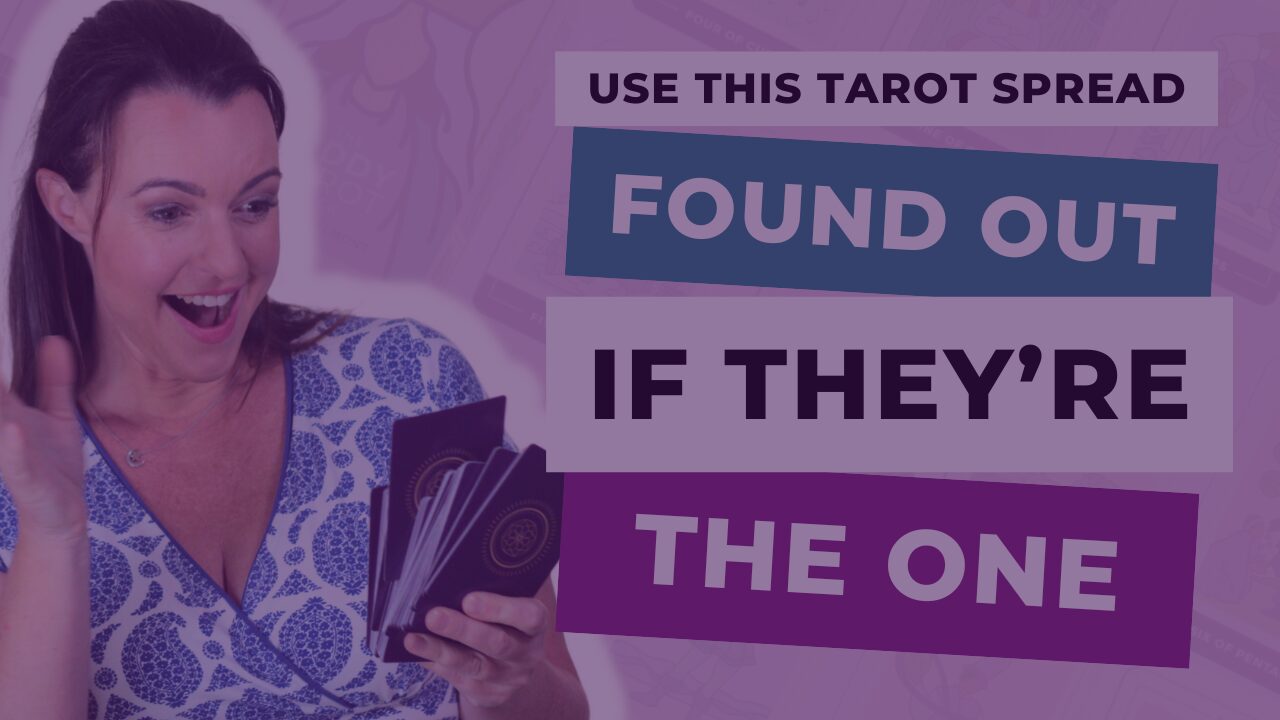
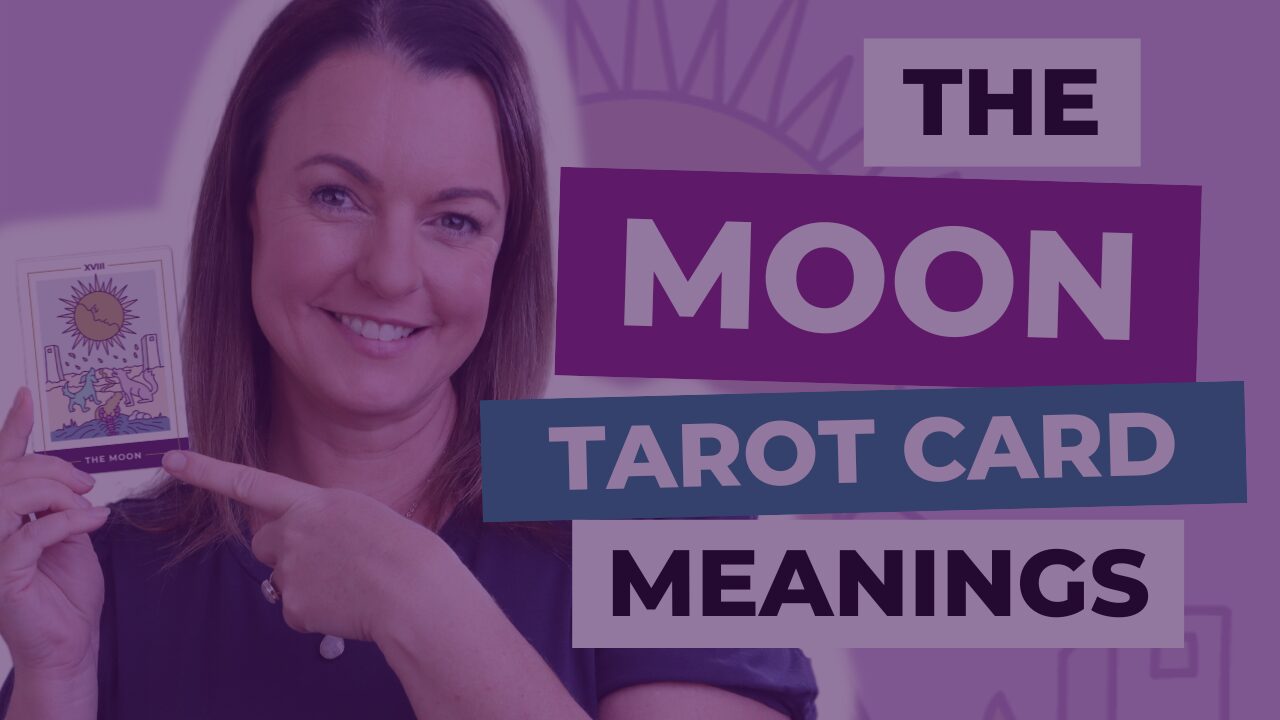
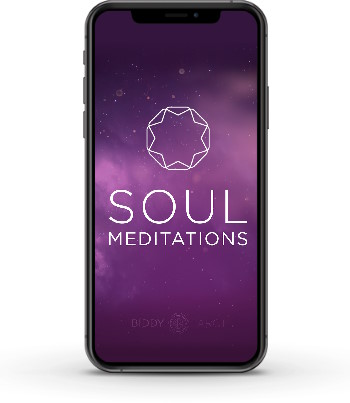 Harness the wisdom of the Major Arcana with 22 guided meditations. Here’s what you’ll get:
Harness the wisdom of the Major Arcana with 22 guided meditations. Here’s what you’ll get: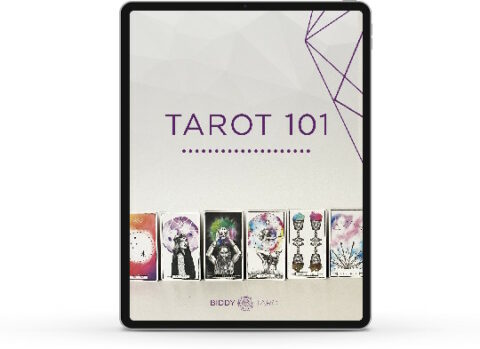 Start doing deep, accurate readings TODAY with this step-by-step accelerated program for beginners.
Start doing deep, accurate readings TODAY with this step-by-step accelerated program for beginners.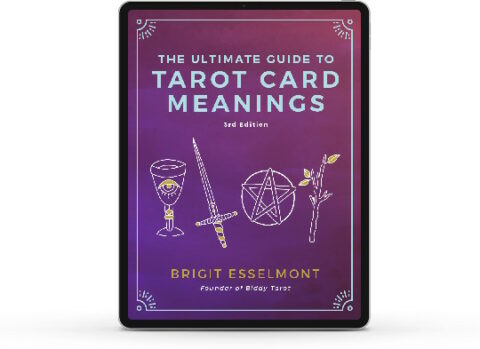 Here’s what you’ll find inside for every card in the deck:
Here’s what you’ll find inside for every card in the deck: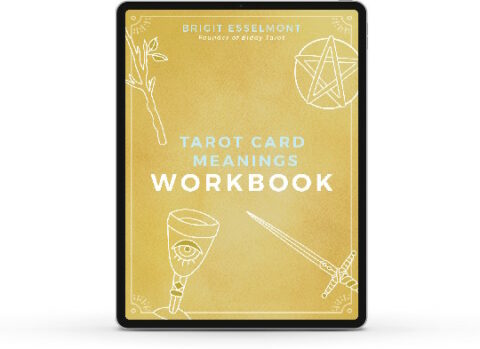 Create a deeply intuitive and personal connection to the Tarot cards with your very own Tarot Card Meanings Workbook. Here’s what you’ll find inside the workbook:
Create a deeply intuitive and personal connection to the Tarot cards with your very own Tarot Card Meanings Workbook. Here’s what you’ll find inside the workbook: